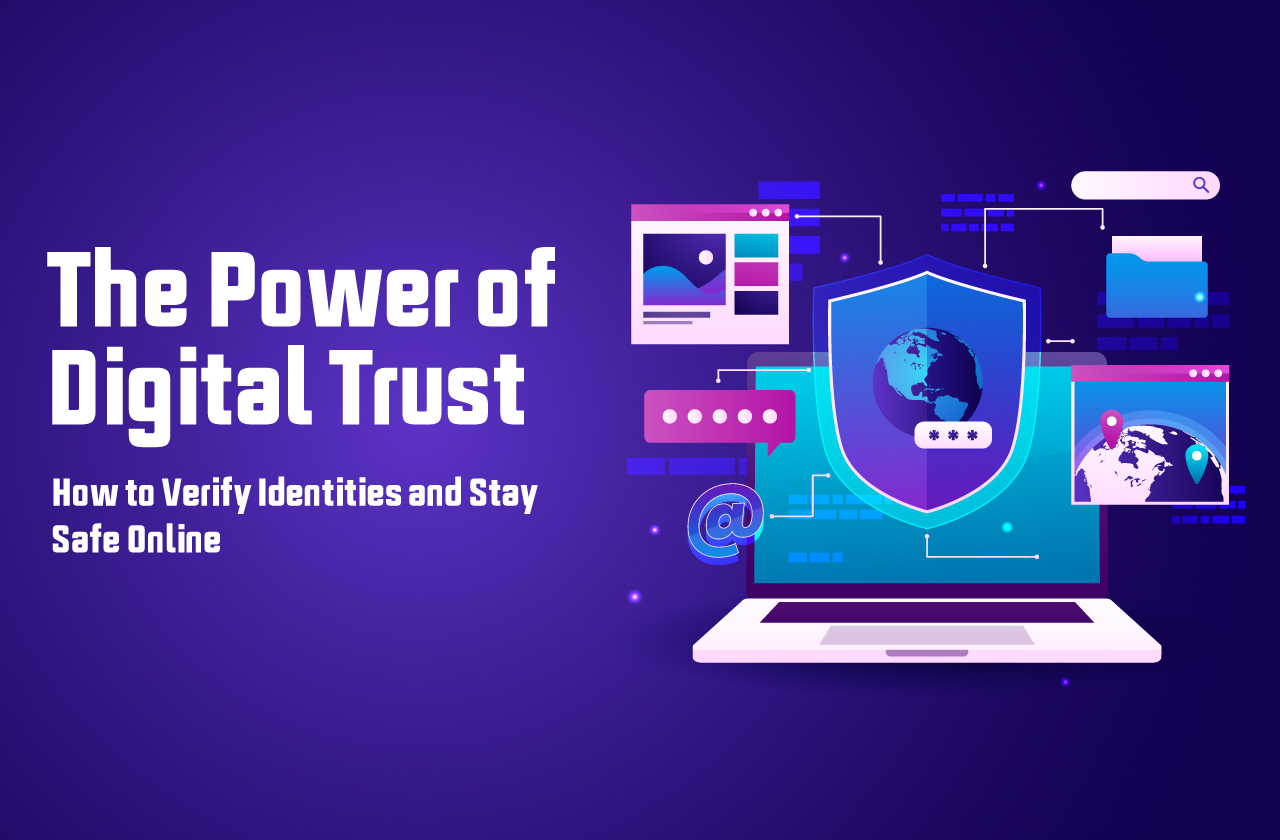
We live in a digital age, where online communication is playing an increasingly important role in our lives. Whether it's a relationship of any kind, or perhaps online shopping, dating, etc. It's essential to know who you can trust and who you should avoid, as the internet is full of scammers and fake businesses. Whatever your purpose for meeting someone, it's always worth checking an unknown phone number.
You've probably experienced being contacted from an unknown number and not knowing whether or not it's worth picking up the phone. Or you've picked up the phone and a company's customer service introduces itself, but something is still suspicious. It's familiar, right? A reliable tool like ClarityCheck phone lookup can help you quickly find out who's behind the call. You can also use the lookup to find out whether or not the phone number was reported as a scam, so you can easily understand if it's a spam phone call or not.
The Foundation of Digital Trust: The Importance of Verification
On the Internet today, anyone can create a profile in anyone's name. Scammers have become so professional that it's sometimes impossible to tell the real profile from the fake one - which is why it's vital to learn to verify information before taking any action. So before you buy from a shop, for example, check whether the website is official or not, check social media platforms because trusted shops tend to have a strong social media presence, and check the phone number using ClarityCheck.
The Most Common Online Scams and Scams
As technology evolves, so do the opportunities for scammers. Scammers will usually take any opportunity to trap their victims, but there are still some traditional scams that people still fall for - if you've experienced one, know that it's not your fault, because scammers can be really professional and a button or link can often look very similar to the original site.
1. Romantic Scams
Have you heard of romantic scammers? People who create fake dating profiles just to get you to trust them while you're getting to know them and then ask for money later? If you're new to this story, you might want to read up a bit more if you're currently in an active dating relationship.
2. Business Scams
Business scams are often carried out by fake recruiters offering job offers that require a minimum initial deposit. You may also encounter a business scam where stockbrokers or crypto experts presenting themselves as professionals offer you to join their business with a certain amount of initial capital so that they can generate more money for you. Never send anyone money, especially if they offer you a quick way to make money. There are no quick money-making opportunities! If there were, almost everyone would be rich by now.
3. Online Shopping Scams
It's easy to set up an online shop today, so beware of online shops that offer specifically low prices. These shops may not even send you the product if you have to pay in advance, or they may give you a much lower quality than you expected.
4. Phone Scams (Vishing)
Phone scammers may pose as bank officials or a representative of an official body to trick you into giving them personal information that they can use to get back your money, or your bank details to get access to your money. Never tell anyone your personal details!

How to Check an Unknown Person?
- Use phone lookup service such as ClarityCheck
- Find the person online
- Do not share your personal details even if the person seems trustworthy
Online Safety Tips to Maintain Digital Trust
Gaining trust in the digital world doesn't happen overnight, but you can reduce the risks by taking the following precautions:
- Use strong passwords and two-factor authentication.
- Never send money to strangers.
- If an offer sounds too good to be true, it probably isn't.
- Don't pay in advance for a product from a site you've never ordered from.
- Always check phone numbers and emails before replying.
Summary
Digital trust is based on always checking the information you find online. Whether you are shopping or meeting people, a conscious online presence will always be paramount in the digital world. Online scams are increasingly common, and to avoid them you should always keep in mind the most important precautions: don't share your personal information, watch out for telltale signs (e.g. overly favourable offers, rushing, etc.) and check phone numbers with ClarityCheck. A little precaution can save you a lot of trouble!
Image by Unsplash.
Share this post
Leave a comment
All comments are moderated. Spammy and bot submitted comments are deleted. Please submit the comments that are helpful to others, and we'll approve your comments. A comment that includes outbound link will only be approved if the content is relevant to the topic, and has some value to our readers.

Comments (0)
No comment